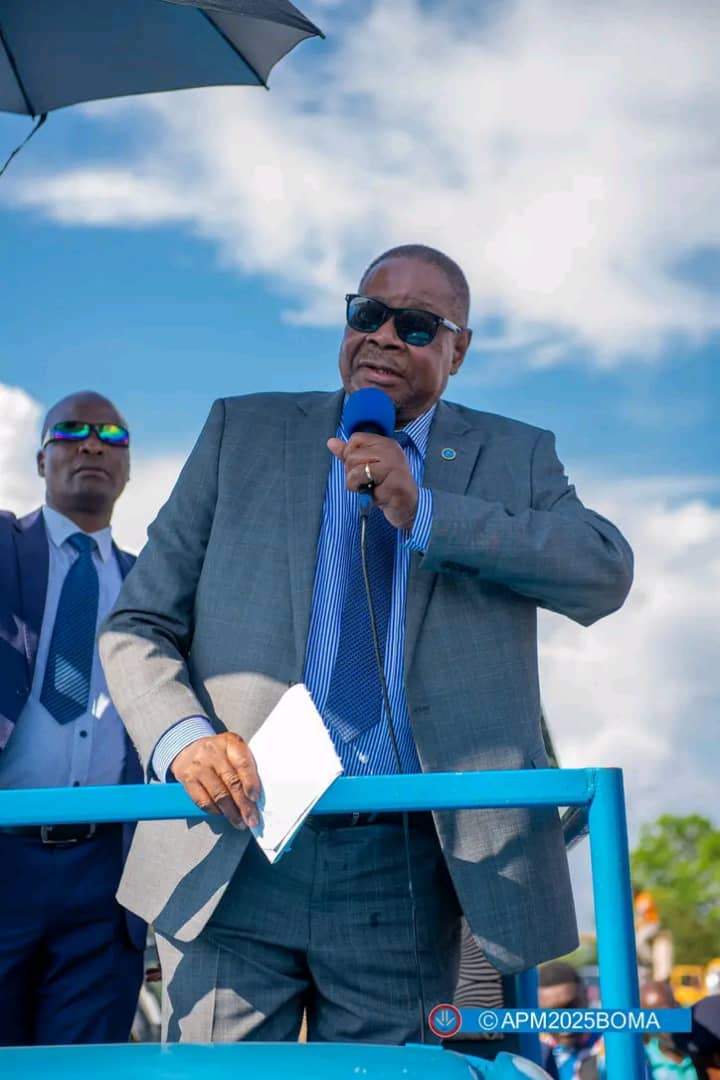An areal view of Dzaleka Camp in Dowa district, credit to There is Hope……
Refugees and asylum seekers employed by the UNHCR to do camp wide verification exercise at Dzaleka Refugee Camp in Dowa district had to put down their tools in protest of an allowance change from K6000 to K2000 per day contrary to what had earlier agreed.
The refugees were contracted by the UNHCR to provide services such as translation and security, they agreed to work as proposed by the UNHCR making everyone happy that by the end of the exercise they would be going with something in their pockets.
However on Monday, four weeks into the exercise they received a report that false promises had been made and that their daily rate would be not K6000 but K2000, this development demoralized them all leaving them with no option but to put down their tools.
They were utterly disappointed and felt like their services and human dignity were not valued, they engaged in a peaceful dialogue with both the UNHCR and officers from the Ministry of Homeland Security demanding an explanation on why the allowance was changed without consultation.
Innocent Magambi, a refugee rights advocate speaking during a phone interview said it is unfortunate that the rights of refugees are sometimes tramped on by those who are supposed to uphold them, and UN agencies are prone to fall in the same trap.
Magambi said though the Malawi refugee Act of 1989 restricts refugees from seeking employment, it does not prevent refugees from providing essential services at an acceptable daily lunch allowance.
…..’’Sadly, many agencies providing humanitarian services in Dzaleka have capitalized on the bad law to underpay refugees even when they are providing skilled labour in the camp,’’….he said.
He said the UNHCR told the protesters to go back to work, arguing that the person who promised to give them the K6000s was out of the country and that the discussions would continue once he returned saying he found this argument hard to accept but all in all, his organization’s role was to support mediation until a mutual agreement was reached.
On Wednesday morning, refugees and asylum seekers contracted to do the exercise breathed a sigh of relief as UNHCR worked out an agreement through their implementation partner Plan Malawi, to draft new contracts with a negotiated rate of K5,100 instead of the K2,000 initially offered by the UNHCR.
However, the Advocate said that the woes of Dzaleka residents are far from over, hundreds of refugees and asylum seekers whose families were delisted from receiving monthly food assistance in February this year, are struggling to survive and are demanding answers from the World Food Programme [WFP].




